Making a complaint
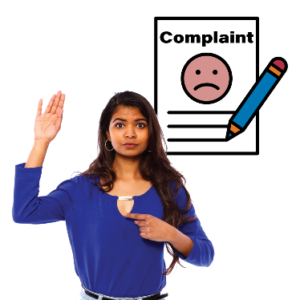

You can make a complaint if someone has:
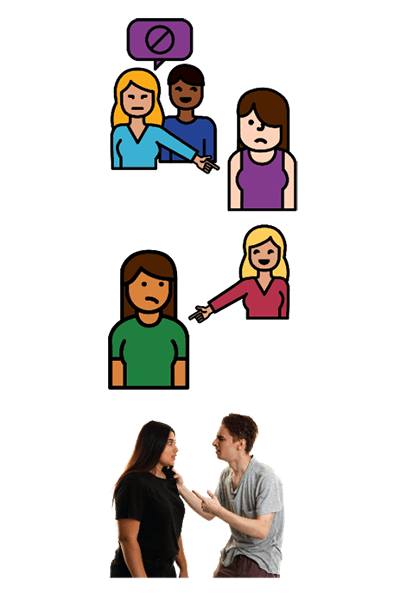
There are 2 different types of complaints:
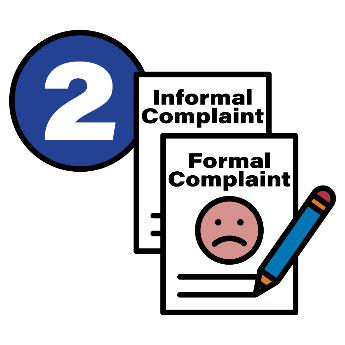
Informal complaints are when you talk directly to the person or organisation who treated you badly.

A formal complaint is written down.
You can make a formal complaint if:
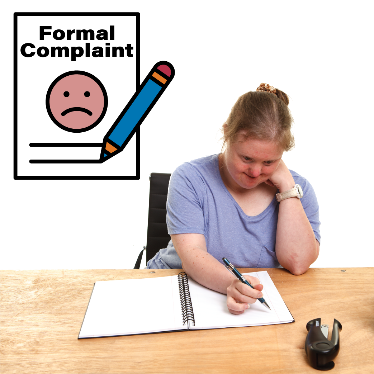
When you write a formal complaint, you should include:
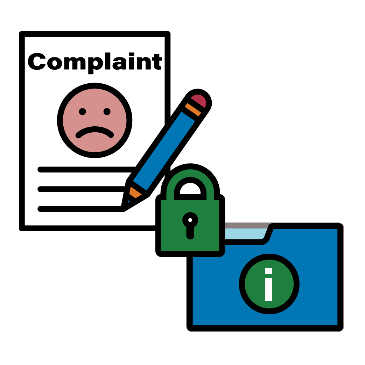
Learn more about making a complaint at the Australian Human Rights Commission: Complaints website.
You can also download the Council for Intellectual Disability: Making a complaint about goods or services – Info Guide.
